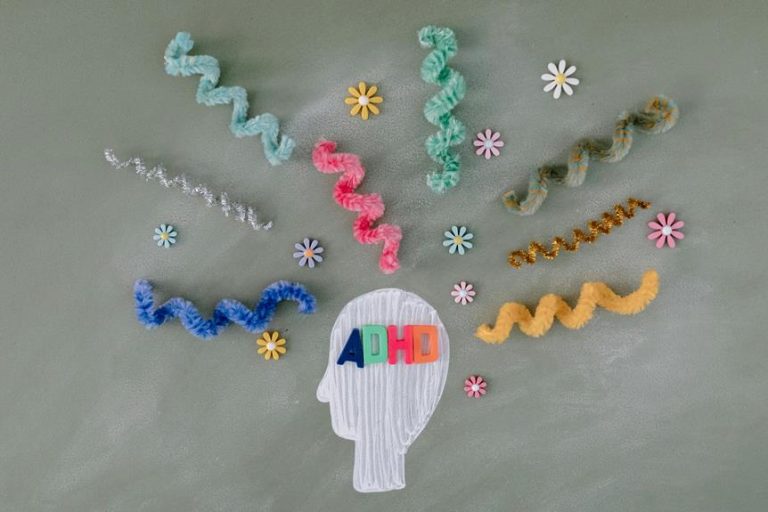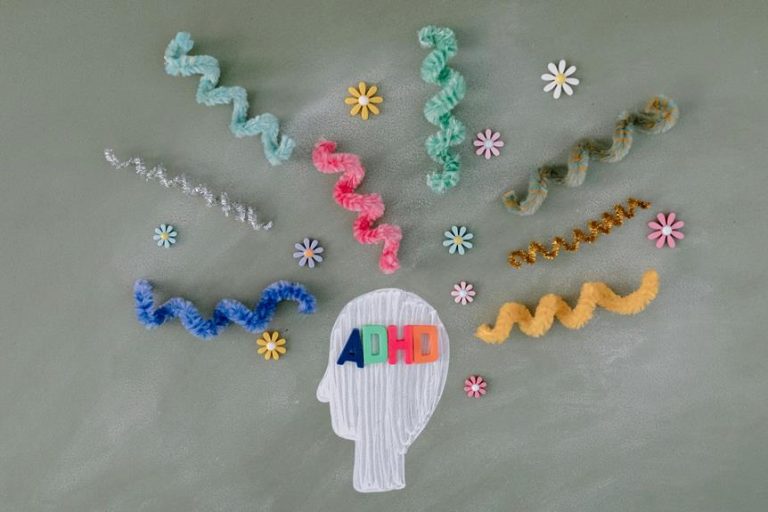Trazodone Adhd
I recently encountered a patient with ADHD who had been prescribed trazodone off-label to help manage their symptoms alongside traditional stimulant medications. The potential use of trazodone in ADHD treatment raises intriguing questions about its effectiveness and safety profile in this specific population.
As we explore this avenue further, it becomes essential to ponder the nuances of combining trazodone with existing ADHD treatments, potential side effects, and the best dosage for achieving therapeutic benefits. What insights could emerging research provide regarding the role of trazodone in addressing ADHD symptoms?
Key Takeaways
- Trazodone aids ADHD by targeting 5HT2A receptors for sleep.
- Careful dosing adjustments optimize treatment outcomes.
- Trazodone interacts with ADHD meds, needing healthcare provider oversight.
- Limited research supports trazodone for ADHD-related sleep issues in children.
Trazodone Mechanism of Action for ADHD
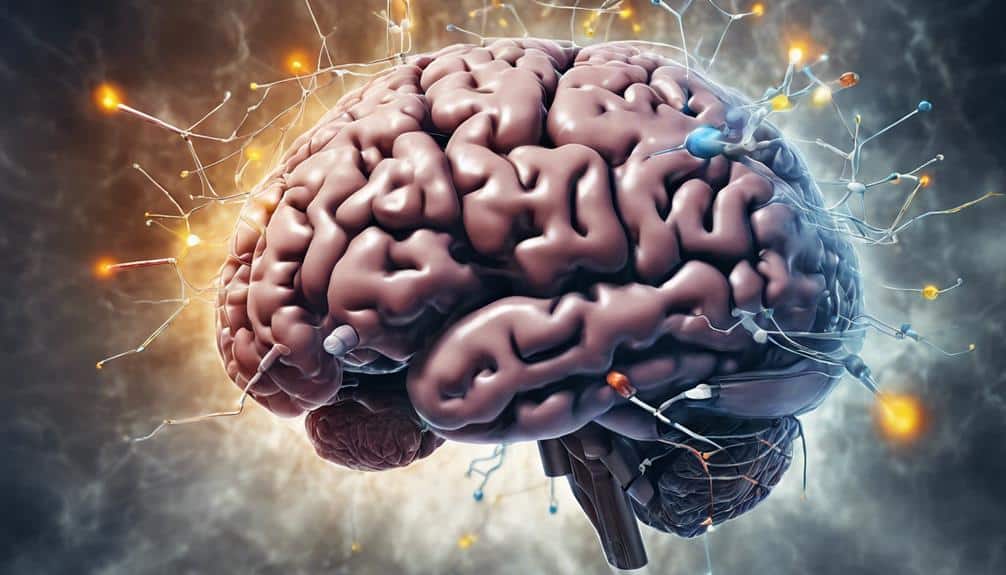
Trazodone exerts its therapeutic effects in ADHD by modulating serotonergic neurotransmission through the blockade of 5HT2A receptors and activation of 5-HT1A receptors. In low doses ranging from 25 to 100 mg, trazodone acts as a sleep aid for individuals with ADHD. At these doses, trazodone primarily functions as a 5HT2A receptor antagonist, contributing to its sedative properties. Higher doses of trazodone have additional serotonergic and antihistaminergic effects.
This medication has a half-life of 5 to 9 hours, providing sustained benefits for individuals with ADHD who struggle with sleep disturbances. Importantly, trazodone doesn't impair sexual functions, making it a favorable option for patients concerned about these side effects. Additionally, trazodone strongly inhibits α1-receptors while exerting weaker inhibitory effects on α2- and H1-receptors.
Remarkably, trazodone doesn't pose contraindications for individuals with glaucoma or prostate disorders, enhancing its safety profile for a broad range of patients with ADHD.
Potential Side Effects of Trazodone

While generally well-tolerated, individuals taking trazodone may experience various side effects that can impact their daily functioning and overall well-being. Common side effects of trazodone include sleepiness and dizziness, which can affect cognitive abilities and coordination. Additionally, trazodone may lead to abnormal heartbeats, drops in blood pressure, and autonomic instability, potentially causing discomfort and health concerns.
One serious potential side effect of trazodone is serotonin syndrome, especially when combined with other antidepressants. This condition can be life-threatening and requires immediate medical attention. It's important to avoid combining trazodone with MAO inhibitors to prevent serotonin syndrome. Moreover, trazodone's efficacy may be altered by interactions with certain medications like barbiturates, cimetidine, and warfarin.
Unlike some other antidepressants, trazodone doesn't exhibit anticholinergic activity. Understanding these potential side effects and drug interactions is essential for individuals prescribed trazodone to manage their symptoms effectively while minimizing risks to their health.
Trazodone as ADHD Treatment Option

Research suggests that exploring alternative treatments for ADHD in children, particularly those addressing sleep-related issues, may introduce new perspectives on managing symptoms effectively. Trazodone, although off-label, has been prescribed for children with ADHD to help with sleep problems. Here are some key points to contemplate regarding using trazodone as a treatment option for pediatric ADHD:
- Trazodone is commonly prescribed off-label for children with ADHD to address sleep-related issues.
- Studies have shown a complex relationship between trazodone and ADHD, especially in managing sleep disorders.
- The Opal-K guidelines in Oregon recommend non-pharmacologic interventions initially for children with ADHD and sleep problems.
- Limited research supports trazodone's use for insomnia in children, with concerns regarding its efficacy for anxiety treatment.
- Children with anxiety and mood disorders may receive inappropriate pharmacologic therapies, highlighting the need for further research on trazodone use in pediatric ADHD patients.
Trazodone Dosage for ADHD
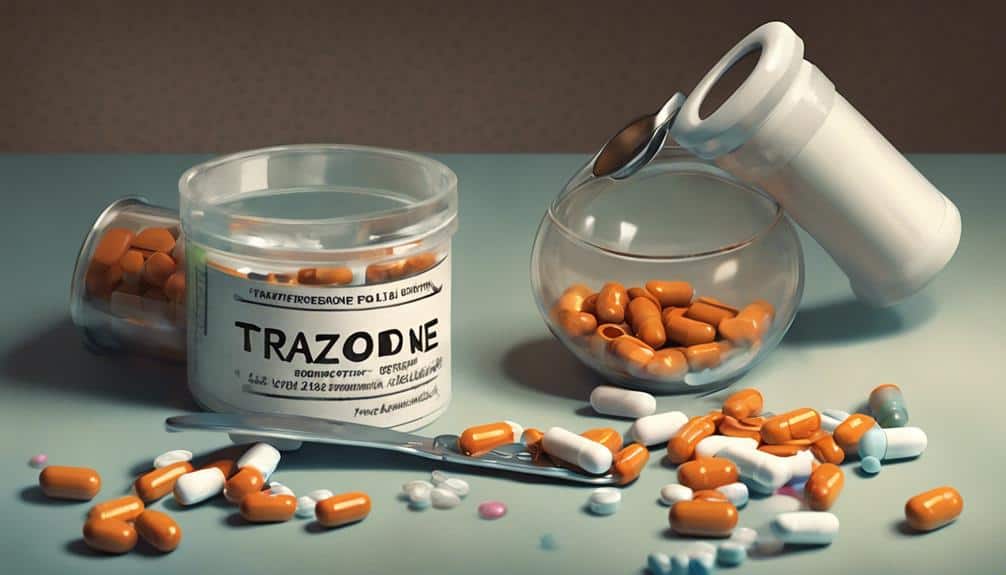
Exploring the best dosage of trazodone for managing ADHD symptoms requires a nuanced understanding of individual needs and gradual adjustments to guarantee effectiveness. The dosage typically ranges from 25 to 100 mg, with lower doses often used as sleep aids in ADHD. Trazodone's impact on ADHD stems from its effects on neurotransmission through 5-HT1A receptors, primarily inducing sleep at lower doses. However, higher doses may elicit serotonergic and antihistaminergic effects, influencing symptom management differently.
To optimize treatment outcomes, it's essential to follow specific dosing guidelines tailored to each individual. Finding the right balance between trazodone's serotonergic, antihistaminergic effects, and its role in promoting sleep is essential. Gradual adjustments may be necessary to gauge the best dosage that effectively addresses ADHD symptoms while managing potential side effects. By understanding these nuances and individualizing dosing strategies, healthcare providers can better tailor trazodone treatment for ADHD to each patient's unique needs and maximize therapeutic benefits.
Interactions With Other ADHD Medications
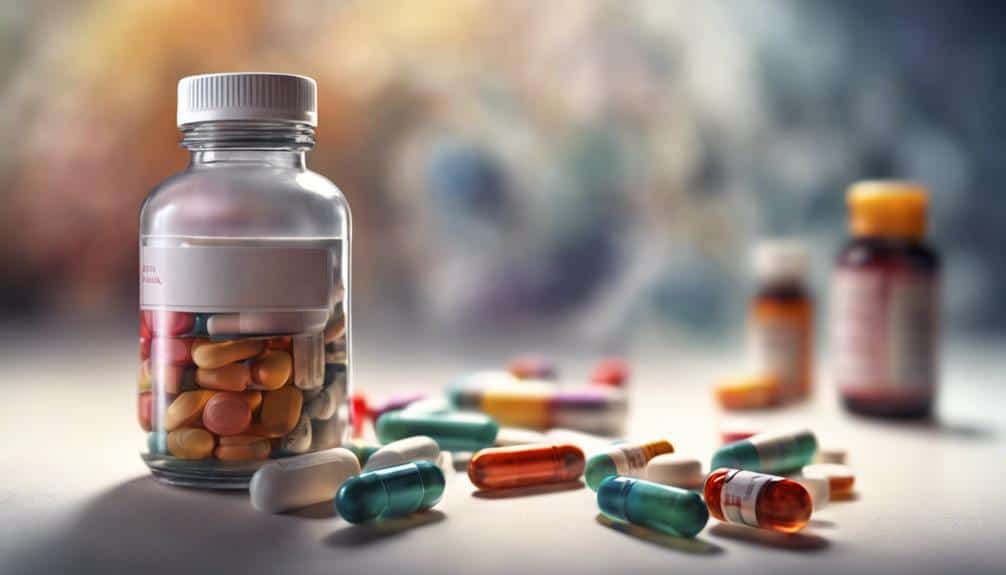
Combining trazodone with other ADHD medications requires careful consideration due to the potential for drug interactions and adverse effects. When looking at interactions with other ADHD medications, it's important to note the following:
- Trazodone shouldn't be combined with MAO inhibitors or other serotonergic medications to prevent the risk of serotonin syndrome.
- Careful monitoring is needed when using trazodone alongside stimulant medications like methylphenidate or amphetamines for ADHD.
- Consultation with a healthcare provider is essential to guarantee safe and effective use of trazodone with other ADHD medications.
- Understanding the potential interactions between trazodone and other ADHD medications is critical for optimizing treatment outcomes.
Being aware of these interactions and consulting with a healthcare provider can help mitigate risks and guarantee that the combination of trazodone with other ADHD medications is safe and effective for the individual's specific needs.
Frequently Asked Questions
Does Trazodone Increase Focus?
Increasing focus involves various strategies such as medication, therapy, and lifestyle changes. While trazodone primarily treats depression, anxiety, and insomnia, it may not directly enhance focus. Consult a healthcare provider for tailored solutions.
What Is the Best Medication for Inattentive ADHD in Adults?
In managing inattentive ADHD in adults, exploring cognitive therapy, non-stimulant options, lifestyle changes, mindfulness techniques, natural remedies, behavioral therapy, dietary adjustments, exercise benefits, and alternative treatments is essential. Medication alternatives should be considered in a thorough treatment plan.
Does Trazodone Affect Dopamine Levels?
Trazodone does not directly impact dopamine levels but influences serotonin, which indirectly affects dopamine. Its main action is on serotonin receptors, with limited interaction with dopamine receptors, suggesting secondary modulation of dopamine.
What Is the Best Sleep Aid for Adults With Adhd?
Improving sleep quality for adults with ADHD is like fine-tuning a delicate instrument. Prioritizing sleep patterns, managing disturbances, and exploring medication options with minimal side effects can enhance cognitive function, focus, and overall well-being.
Conclusion
To summarize, trazodone for ADHD is like trying to fit a square peg into a round hole – it just doesn't quite match up.
While it may have some benefits for certain symptoms, the potential side effects and lack of solid research make it a questionable choice.
Perhaps it's best to stick with more established treatments for ADHD until further evidence emerges.



